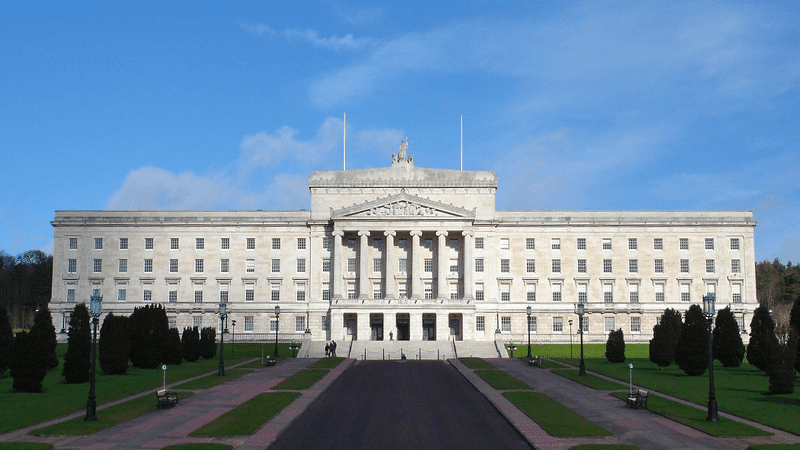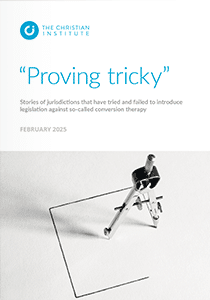The Christian Institute has said it “will not hesitate” to take legal action if the Northern Ireland Executive introduces a ban on ‘conversion therapy’ which outlaws “the wrong kind of prayer”.
LGBT activists are pushing for a broad ban to criminalise prayer, preaching, pastoral support and even parenting which does not affirm same-sex relationships or a person’s chosen gender identity.
But in a written legal opinion for the Institute, leading human rights QC Jason Coppel says such wide definitions would criminalise the legitimate expression of religious beliefs.
Traditional beliefs
In a letter to the Executive’s Communities Minister, Deirdre Hargey MLA, lawyers for the Institute warned that a badly drafted ban “could inadvertently criminalise those in churches and other faith communities who adhere to traditional beliefs about marriage and gender identity”.
The letter added: “Should any proposals from the Department infringe upon the everyday church activities outlined within the enclosed Opinion our client will not hesitate, where appropriate, to seek a judicial review.”
Activists in the UK have praised a draconian ban recently passed in the state of Victoria, Australia, but Mr Coppel said evangelism, church membership, baptism, communion, and even private prayer could all fall foul of such a law.
Criminalising parents
The QC said that under UK human rights law, it is “unlikely to be proportionate” to implement a ban on the basis that all those who identify as LGBT are so vulnerable that any questioning of the legitimacy of their lifestyles must be prohibited.
He also explained that Christian beliefs on sexuality are protected under Article 9 of the European Convention of Human Rights and that they “must be treated by the State with neutrality and impartiality”.
Mr Coppel said criminalising such beliefs “is particularly difficult to justify”, adding that “one of the fundamental facets of freedom of religion or belief is the right of a religion to determine its own beliefs and practices, the legitimacy of which should not be questioned by the state”.
He also added the Executive would face “additional barriers” if it wished to criminalise parents who encourage their children to embrace Christian teaching on gender and sexuality.one of the fundamental facets of freedom of religion or belief is the right of a religion to determine its own beliefs and practices
‘Weaponising harm’
The Christian Institute’s Ciarán Kelly said: “Protecting people from dangerous medical practices is one thing but banning preaching, prayer and pastoral care is quite different. It would be as tyrannical as it would be unworkable. It is not up to the police, prosecutors or the courts to decide which kinds of prayer are acceptable
“Jason Coppel’s advice is quite clear. Christian beliefs on sexuality are protected by human rights law. They may not be fashionable but that doesn’t mean you can outlaw them. It is shocking to see activists trying to weaponise a ‘harm’ narrative to justify oppressing biblically faithful churches.”


